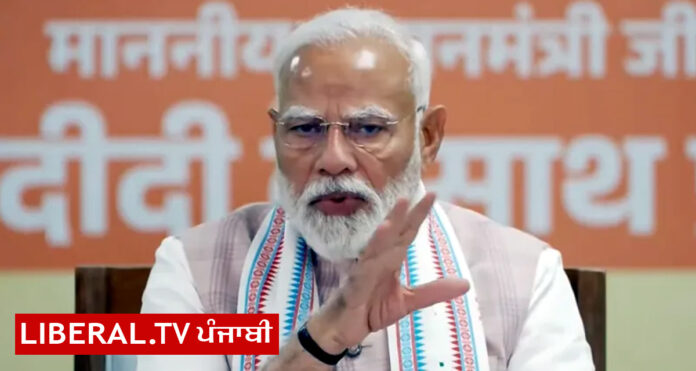During his conversation with Lex Fridman, an MIT research scientist and host of a popular YouTube podcast, Prime Minister Modi discussed the long-standing relationship between India and China. He emphasized that the bond between the two nations is not new, as both share ancient cultures and civilizations. He noted that India and China have historically played significant roles in the world, and their contributions to global progress have always been intertwined.
PM Modi highlighted that for centuries, India and China have learned from each other. At one point in history, the two nations together accounted for more than half of the global GDP. He also mentioned the influence of Buddhism, which originated in India and profoundly impacted China, serving as a key link in cultural exchanges between the two civilizations.
Reflecting on history, PM Modi stated, “If we look back centuries, there’s no real history of conflict between us. It has always been about learning from each other and understanding one another.”
Acknowledging the long-standing border disputes, the Prime Minister addressed the tensions that flared in 2020 due to clashes along the Line of Actual Control (LAC). In November of the previous year, Indian and Chinese troops resumed patrolling the LAC in eastern Ladakh after a hiatus of over four years following the violent confrontations at Pangong Lake and Galwan Valley.
PM Modi said, “It is true that there have been ongoing border disputes between us. And in 2020, the incidents along the border created significant tensions between our countries. However, after my recent meeting with President Xi, we have seen a return to normalcy at the border.”
He continued, “We are now working to restore conditions to how they were before 2020. Slowly but surely, trust, enthusiasm, and energy will return. But of course, it will take some time, since there’s been a five-year gap. Our cooperation isn’t just beneficial, it’s essential for global stability and prosperity. And since the 21st century is Asia’s century, we want India and China to compete in a healthy and natural way. Competition is not a bad thing, but it should never turn into conflict.”
The Prime Minister also acknowledged that differences between neighboring countries are natural. He said, “Even within a family, not everything is always perfect.”
PM Modi emphasized that his government’s priority is to prevent these differences from escalating into disputes. “Our focus is to ensure that these differences don’t turn into disputes. That’s what we actively work toward. Instead of discord, we emphasize dialogue, because only through dialogue can we build a stable, cooperative relationship that serves the best interests of both nations.”
A significant breakthrough came late last year when India and China successfully completed the disengagement process at the final two friction points in eastern Ladakh—Depsang and Demchok. Following this agreement, PM Modi and President Xi held talks in Kazan on October 23, where they agreed to reinstate various dialogue mechanisms aimed at improving bilateral relations. This was followed by a series of diplomatic engagements between the two countries.



